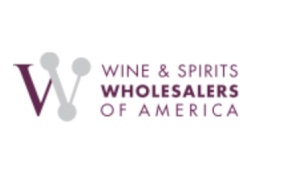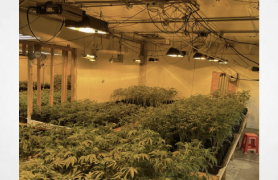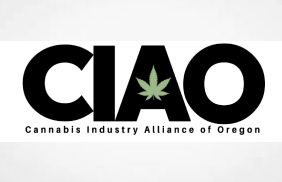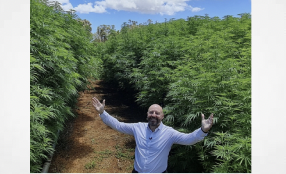Here’s the Introduction to the paper
Introduction
Wine & Spirits Wholesalers of America (WSWA) believes the time has come for Congress to comprehensively legalize and regulate adult–use cannabis at the federal level.
More than 50 percent of the U.S. population lives in a legal adult–use cannabis state, yet the federal government continues to categorize cannabis as a Schedule I drug—the same status as Heroin. This has given rise to an untenable conflict between state and federal law.
This conflict undermines the rule of law; leaves consumers facing serious health and safety risks and states without critical federal oversight of production and interstate sales; and createssignificant problems for businesses operating in legal states, as well as for law enforcement,
regulators and citizens in neighboring states that have chosen not to legalize.
regulators and citizens in neighboring states that have chosen not to legalize.
The fact is cannabis legalization at the state level is here to stay, evidenced by nearly a decade of newly legalized state markets and no meaningful effort to undo them. Rather, states that have legalized are expanding their markets and even discussing ways to begin interstate commerce of the product. Yet they receive no support from the federal government in determining how to ensure that products are not hazardous or that the market is fair and competitive—especially as the market becomes increasingly national in scope.
We believe federal legalization should be done comprehensively, not incrementally. Regulating cannabis in a piecemeal manner—such as addressing issues like banking or tax deductions—will amount to de facto federal legalization without protecting consumers or communities and widening the negative impacts of legalization already being seen in the marketplace. Any legalization effort should be accompanied by the creation of a robust federal regulatory structure that licenses producers, testing facilities, and distributors, ensures product integrity, establishes appropriate taxes and trade practice requirements and protects public safety, while providing leeway for states to tailor additional requirements in these areas to suit local needs.
These regulations have helped create the safest and most vibrant alcohol industry in the world over the last 90 years—guaranteeing safe and diverse products for consumers and limiting the negative impacts of the product, while ensuring fair competition within the industry.
These regulations have helped create the safest and most vibrant alcohol industry in the world over the last 90 years—guaranteeing safe and diverse products for consumers and limiting the negative impacts of the product, while ensuring fair competition within the industry.


















